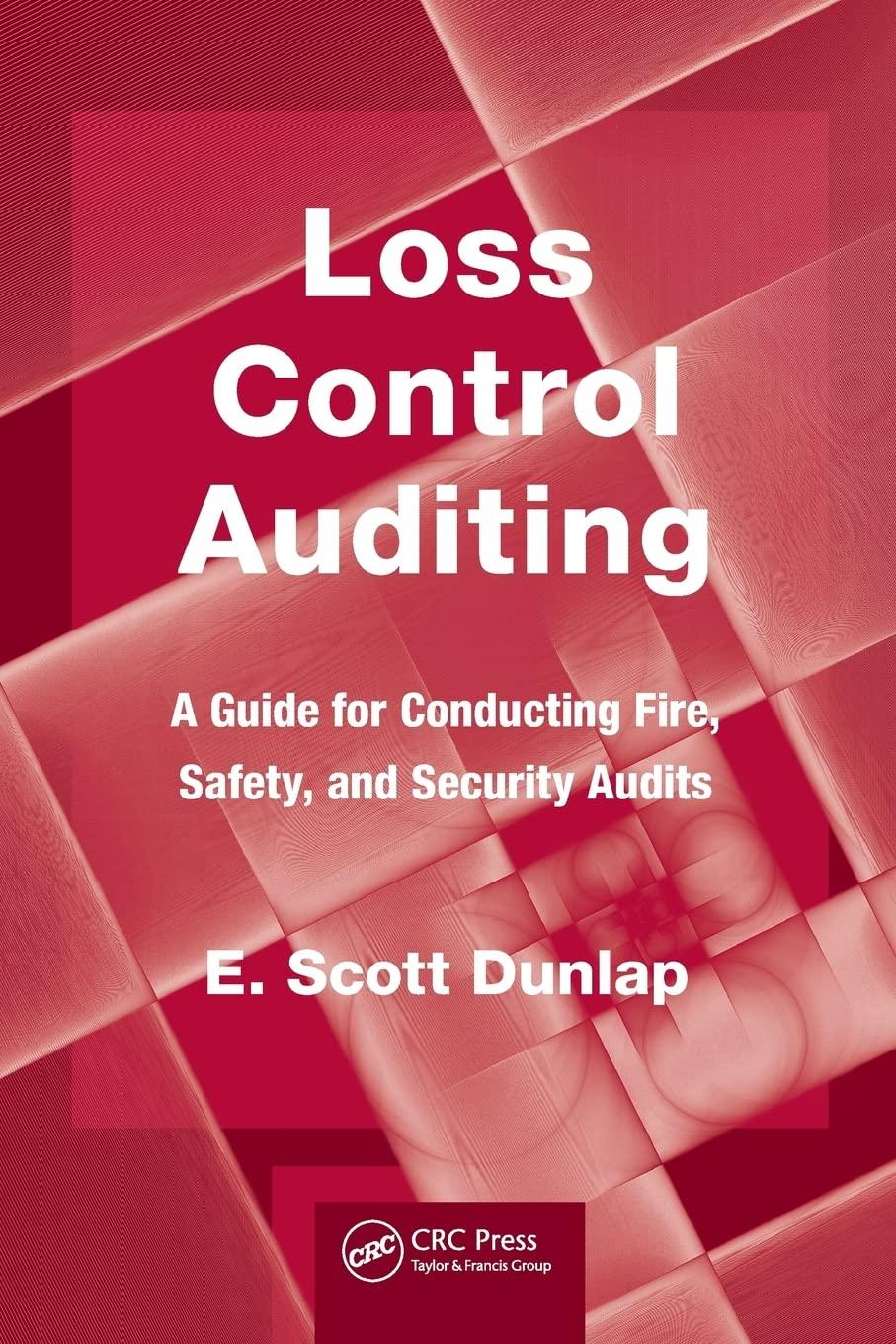You have just been hired as a financial analyst for Lydex Company, a manufacturer of safety helmets. Your boss has asked you to perform a comprehensive analysis of the company's financial statements, including comparing Lydex's performance to its major competitors. The company's financial statements for the last two years are as follows: To begin your assignment you gather the following financial data and ratios that are typical of companies in Lydex Company's industry: Required: 1. You decide first to assess the company's performance in terms of debt management and profitability. Compute the following for both this year and last year: (Round your "Percentage" answers to 1 decimal place and other answers to 2 decimal places.) a. The times interest earned ratio. b. The debt-to-equity ratio. c. The gross margin percentage. d. The return on total assets, (Total assets at the beginning of last year were $12,960,000.) e. The return on equity. (Stockholders' equity at the beginning of last year totaled $9,048,000. There has been no change in common stock over the last two years.) f. Is the company's financial leverage positive or negative? 2. You decide next to assess the company's stock market performance. Assume that Lydex's stock price at the end of this year is $72 per share and that at the end of last year it was $40. For both this year and last year, compute: (Round your "Percentage" answers to 1 decimal place and other intermediate and final answers to 2 decimal places.) a. The earnings per share. b. The dividend yield ratio. c. The dividend payout ratio. d. The price-earnings ratio. e. The book value per share of common stock. 3. You decide, finally, to assess the company's liquidity and asset management. For both this year and last year, compute: a. Working capital. b. The current ratio. (Round your final answers to 2 decimal places.) c. The acid-test ratio. (Round your final answers to 2 decimal places.) d. The average collection period. (The accounts receivable at the beginning of last year totaled $1,560,000 ) (Use 365 days in a year. Round your intermediate calculations and final answers to 1 decimal place.) e. The average sale period. (The inventory at the beginning of last year totaled $1,920,000.) (Use 365 days in a year. Round your intermediate calculations and final answers to 1 decimal place.) f. The operating cycle. (Round your intermediate calculations and final answers to 1 decimal place.) g. The total asset turnover. (The total assets at the beginning of last year totaled $12,960,000 ). (Round your final answers to 2 decimal places.)











